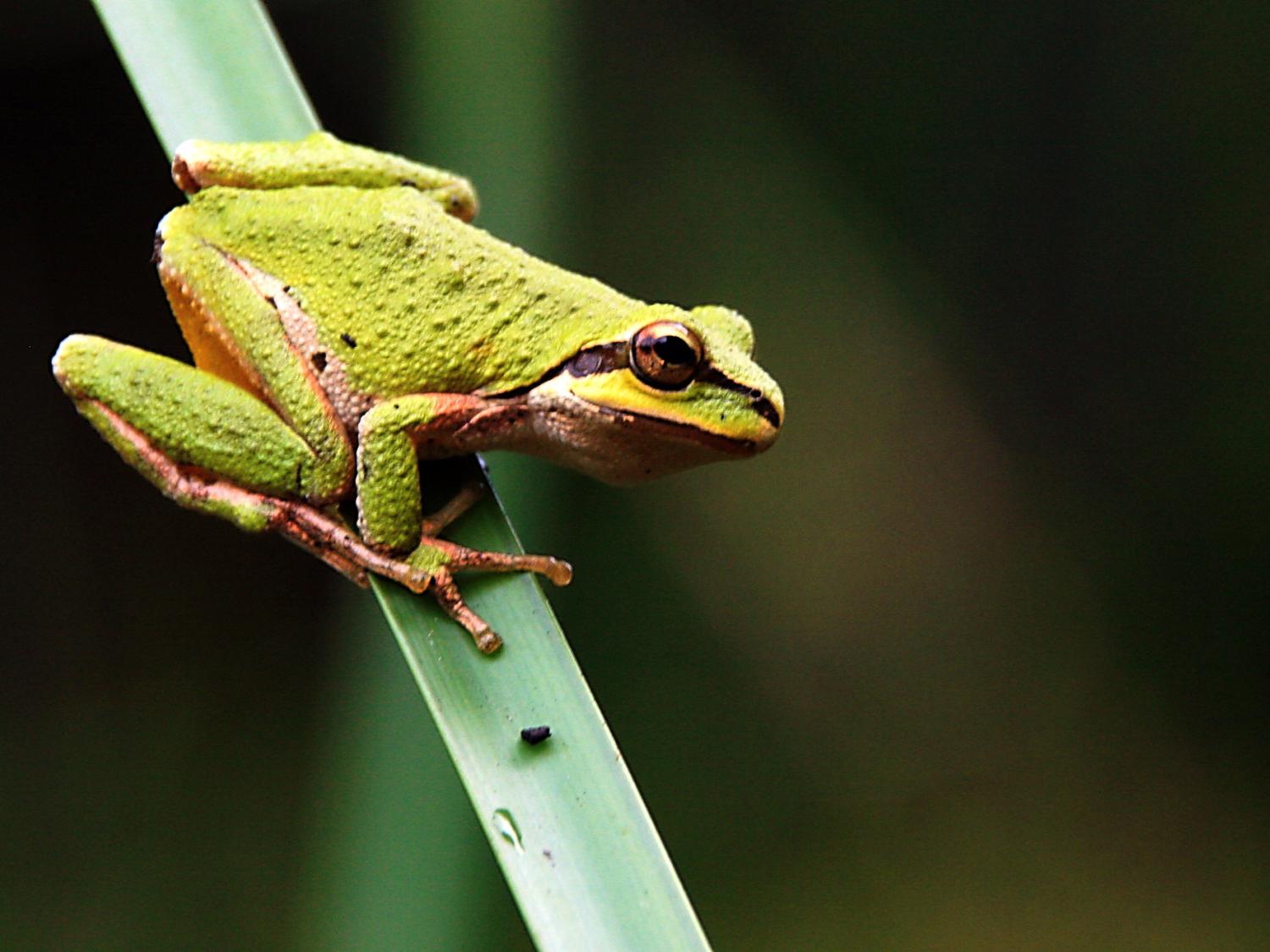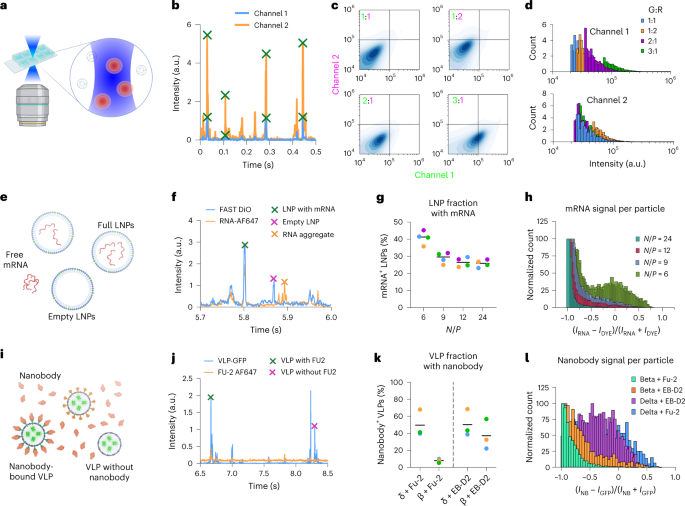2023-06-12 ペンシルベニア州立大学(PennState)
 A new study led by researchers at Penn State found that a new vaccine against the deadly chytrid fungus in frogs can shift the composition of the microbiome, making frogs more resilient to future exposure to the fungus. Credit: TJ Gehling/Flickr. All Rights Reserved.
A new study led by researchers at Penn State found that a new vaccine against the deadly chytrid fungus in frogs can shift the composition of the microbiome, making frogs more resilient to future exposure to the fungus. Credit: TJ Gehling/Flickr. All Rights Reserved.
◆この研究は、ワクチンの有効性において微生物叢の反応が重要な要素である可能性を示唆しています。
<関連情報>
- https://www.psu.edu/news/eberly-college-science/story/vaccine-against-deadly-chytrid-fungus-primes-frog-microbiome-future/
- https://royalsocietypublishing.org/doi/10.1098/rstb.2022.0126
両生類モデル系における予防処置後の抗病原性皮膚マイクロバイオームの選択性 Selection of an anti-pathogen skin microbiome following prophylaxis treatment in an amphibian model system
Samantha A. Siomko,Sasha E. Greenspan,K. M. Barnett,Wesley J. Neely,Stanislava Chtarbanova,Douglas C. Woodhams,Taegan A. McMahon and C. Guilherme Becker
Philosophical Transactions of the Royal Society B Published:12 June 2023
DOI:https://doi.org/10.1098/rstb.2022.0126
Abstract
With emerging diseases on the rise, there is an urgent need to identify and understand novel mechanisms of prophylactic protection in vertebrate hosts. Inducing resistance against emerging pathogens through prophylaxis is an ideal management strategy that may impact pathogens and their host-associated microbiome. The host microbiome is recognized as a critical component of immunity, but the effects of prophylactic inoculation on the microbiome are unknown. In this study, we investigate the effects of prophylaxis on host microbiome composition, focusing on the selection of anti-pathogenic microbes contributing to host acquired immunity in a model host–fungal disease system, amphibian chytridiomycosis. We inoculated larval Pseudacris regilla against the fungal pathogen Batrachochytrium dendrobatidis (Bd) with a Bd metabolite-based prophylactic. Increased prophylactic concentration and exposure duration were associated with significant increases in proportions of putatively Bd-inhibitory host-associated bacterial taxa, indicating a protective prophylactic-induced shift towards microbiome members that are antagonistic to Bd. Our findings are in accordance with the adaptive microbiome hypothesis, where exposure to a pathogen alters the microbiome to better cope with subsequent pathogen encounters. Our study advances research on the temporal dynamics of microbiome memory and the role of prophylaxis-induced shifts in microbiomes contributing to prophylaxis effectiveness.


